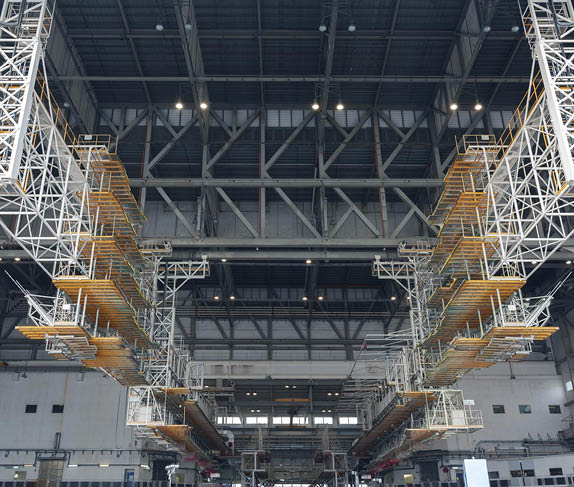Aero Contractors has announced that it is ready to begin C-Checks on Boeing 737 aircraft in Nigeria.
Akinlawon George, managing director, Aero Contractors, said: “Although, Aero has a Hangar where smaller aircrafts like the Turbo props and those used for oil operations can be maintained up to the D-Check level, the airline in a statement said it will expand the scope of the maintenance to Boeing 737 aircraft and Airbus aircraft, which is more prevalent in the fleet of Nigerian airlines.”
The Nigerian Civil Aviation Authority (NCAA) was approved as an Aircraft Maintenance Organisation (AMO) in 2011. Although domestic airlines will now be able to save transport expenses to have C-Checks performed in Nigeria, the high taxation policy means that the savings will be limited.
“A lot has been said about carrying out C and D checks abroad. The expected savings currently anticipated from doing the checks in Nigeria are quite little due to the current taxation policy.
“Nigeria has relatively high import duties on aircraft parts. Airlines typically fly their aircraft to, say, Turkey to have them serviced and relevant parts replaced. Once that aircraft flies back to Nigeria, the new parts are not subject to import duties as they are already installed on the plane.
This puts any Nigerian maintenance provider in a big disadvantage against foreign players. A Nigerian maintenance provider would need to import all spares used in maintenance and thus incur the import duties that those maintaining their aircraft abroad avoid completely.
“The resolution to this issue can be either that spares imported as installed on a plane are subject to import duty, or that Nigerian maintenance businesses would get import duty relief. If Nigeria ever wants to allow for aircraft maintenance business to develop in Nigeria, it needs to create a level playing field between domestic and foreign operations. Right now, Nigeria is subsidising maintenance businesses abroad and as a result is not allowing the same business developed in Nigeria,” George said.
Aero Contractors commits to C-Checks on 737s in Nigeria

